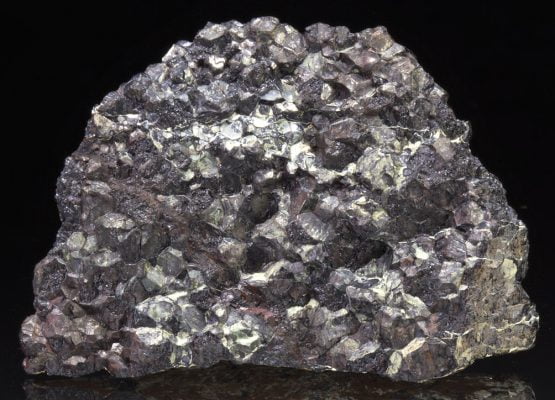ZIMBABWE’S chrome market is dominated by predatory buyers who have formed domestic cartels which purchase chrome at an average price valued at 15% of export sales prices.
According to a chrome producers draft policy, there are great inefficiencies within both the export and domestic chrome ore supply processes.
“Chrome ore producers face major growth challenges became there is a limited access to international export market which reduces the opportunities for chrome producers to earn much-needed foreign currency to help resuscitate operations,” reads the draft policy in part.
“In addition, the domestic chrome market is dominated by predatory buyers who have formed domestic cartels which purchase chrome at an average price which is valued at 15% of export sales prices.”
The document notes that the cartels supply both the domestic smelters as well as the export communities, thereby reducing the incentive for international buyers to purchase chrome at the Minerals Marketing Corporation of Zimbabwe (MMCZ)’s market-based prices since they use their local operations which remain largely unregulated to buy at heavily discounted prices, consolidate the material and then export via MMCZ or export licenses.
“In fact, chrome ore production is now declining due to the low prices being paid by our local smelters and local internationally-based buyers to chrome producers,” it reads.
“As a result, Zimbabwe, as a nation, is losing significant foreign currency and tax revenues while at the same time opportunities to re-invest into production growth and efficiencies are being lost,” reads the policy.
In regards to logistics, the draft policy notes that there was need for mobile weighbridges as well as further road and bridge development within the key chrome-mining areas.
“This will help to reduce transport costs as well as ensure the correct tonnages are being transported, which in turn will prevent chrome producers from being underpaid.”
Currently, there is no chrome policy in Zimbabwe which targets both the growth of chrome producers as well as chrome processors who beneficiate chrome ore into concentrates or ferrochrome.
The policy, currently under draft, is being designed to facilitate growth while ensuring the nation benefits from the revenue generated during the production and beneficiation processes._NewsDay
.png)




